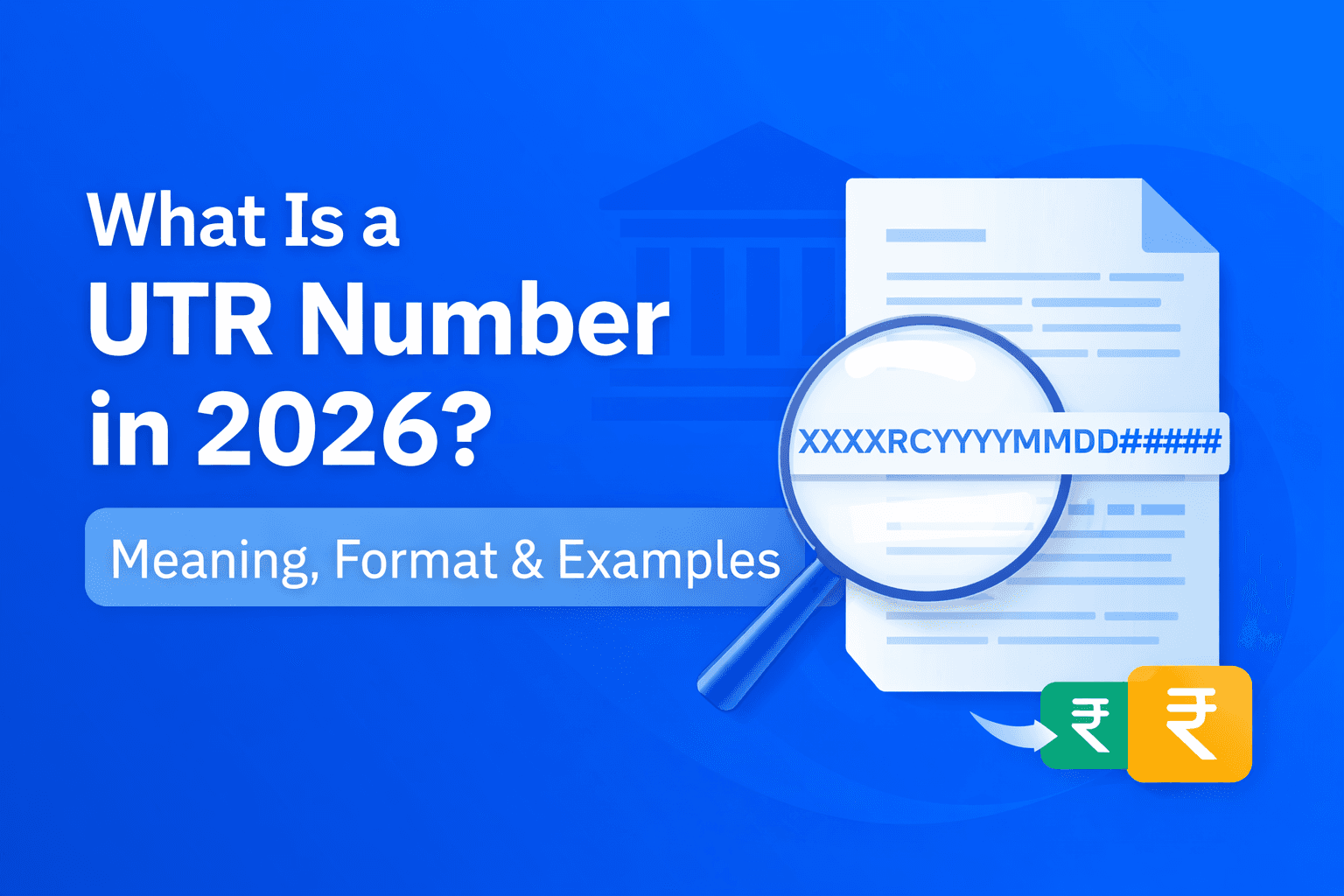Taxation & Compliance
Posted on Oct 9, 2024
Subscribe to our newsletter
Get the latest updates, insights, and tips delivered straight to your inbox.
An integral component of business operations for companies interested in growing international trade or expanding their businesses across borders is cross-border payments. Of course, such operations require efficient navigation through the maze of regulations conjured up by the Reserve Bank of India to prevent a free flow of transactions. For Indian businesses, keeping within RBI's guidelines is a matter not just of abiding by the rules but also of building trust and avoiding costly penalties.
In this blog, we shall be taking a closer look at the critical RBI regulations dealing with cross-border payments and discuss in detail how your business may stay compliant with it while availing all of the right tools and expert guidance to make it simpler.
Introduction to RBI Regulations on Cross-Border Payments
Overview of Cross-Border Payments
Cross-border payments are defined as the transfer of funds through channels between entities located in different countries. The payments can be for trade, services, or investments-essentially anything that relates to the business across the globe. However, the cross-border payments have to follow domestic as well as international regulations to support their validity and credibility.
Importance of RBI Compliance for Indian Enterprises
RBI regulations are the compliance norm to Indian businesses. The RBI closely monitors all such cross-border transactions to curb money laundering and sustain the steadiness of India's financial ecosystem. Proper compliance avoids penalties but also ensures uninterrupted flow in international operations, building credibility with global partners.
RBI Regulations for Cross Border Payments
FEMA (Foreign Exchange Management Act)
The Foreign Exchange Management Act 1999 is the base of regulatory laws related to foreign exchange in India. It regulates all overseas remittance with the aim to promote cross border trade while keeping under control an orderly foreign exchange market.
Body Provisions and Guidelines
It distinguishes between capital account transactions and current account transactions. While the former are associated with investment, the latter includes all payments related to trade. Recognizing these differences is important to maintain compliance.
Basic Principles of Cross-Border Operations
All foreign exchange dealing should be routed through AD Banks. These are banks who are being sanctioned by the RBI to take forex. Also, it is important that, especially for the transactions involving large sums or investments, it should also comply with or be exempted under RBI guidelines, if necessary, get prior approval.
Steps to Comply with RBI Regulations
Seeking Approvals for Overseas Transfers
Some cross border transactions like investment or capital account transactions entail the necessity for prior approval by the RBI. It is therefore critical to identify and acquire the necessary clearances prior to undertaking such transactions to avoid delays or outright rejections.
Authorised Dealer Banks
Always remit your cross-border payment via an Authorised Dealer Bank, which of course follows the rules of the RBI in conducting foreign exchange transactions. The banks also get assured compliance with the RBI's rules and provide a reliable platform for your transactions.
Prior RBI Approval Consented Through
Some are subject to prior approval by the RBI especially those ones that are characterised as capital account transactions. Foreign investments, purchasing abroad real estate, and huge transfers are some of them.
Common Mistakes to Avoid in Cross-Border Payments
Failure to Maintain Record Documentation
Documentation is one of the most overlooked steps when handling cross-border payments. Incomplete or inaccurate paper works may lead to compliance issues and delay the processing of payments.
Validity of Invoices and Agreements
There should be accuracy in the nature and terms of a transaction from invoices and agreements. Errors in these documents may lead to inaccurate payments being rejected or compliance breaches happening.
Failure to Observe Capital Account Transaction
Cross-border capital account transactions or foreign investments are indeed highly regulated compared to current account transactions. Failure to comply with the conditions of the capital account may attract heavy penalties and also litigation suits.
Liability upon Non-Compliance with RBI
Fines and Consequential Legal Contingencies
Non-compliance with RBI regulations attracts hefty fines and legal proceedings. The number of fines levied can be substantial to business houses and may even serve to obstruct international trade and dent the goodwill of a company.
Comparison of Punishments -Individuals v. Business Houses
Though both individuals and businesses attract fines for breaking the rules, the number of fines levied on the latter is much heavier because, while its business houses cross borders, they involve larger sums and a higher risk of deception.
Risk of Delay or Rejection of Transaction
Non-compliance can lead to a complete rejection or delay cross-border payments; this can easily disrupt business operations and strain the relationships of international partners.
Tools and Resources to Encourage Compliance
Dealing with RBI-approved banks and payment gateways
All transactions would fall into the compliance requirements, thereby reducing the possibilities of errors or delays.
RBI Sanctioned Payment Gateway
To ensure smooth cross-border payments, businesses will need to use only RBI-sanctioned payment gateways whereby all transactions are sure to be secure and complying.
Advances in RBI Cross-Border Payments Regulations
Predicted Updated Regulations
As new financial tools and platforms emerge with the developments in technology, RBI regulations are expected to change according to the changing financial scenario. Businesses will be able to utilise the advantage of new facilities along with compliance if they can stay updated with changes brought about by regulations.
Technological Advancements and Compliance
The future of cross-border payments is changing rapidly as digital currencies and blockchain technology have hit the world. Those who embrace technological advancements, being compliant will have an edge over others.
Role of RBI in Ensuring Smooth International Settlements
The RBI is focused on making international transactions smoother for the Indian business and economy with the least possible breach of compliance norms. Conclusion
Hence, compliance in cross-border payments becomes all the more crucial for Indian companies who want to become successful and thriving players in the global arena. The process is too long, involving multiple steps from obtaining approval to documentation; however, with the right approach, it might be passed over very easily.
Conclusion
We at Infinity make it easy for you. Our expert financial solutions give the right direction to businesses so that they can keep up the pace along with RBI guidelines, and cross-border deals be carried out with minimal hassle and risk zero involved. Be it the approvals, reporting, or nuances of capital as well as current account transactions, Infinity has it all covered.





